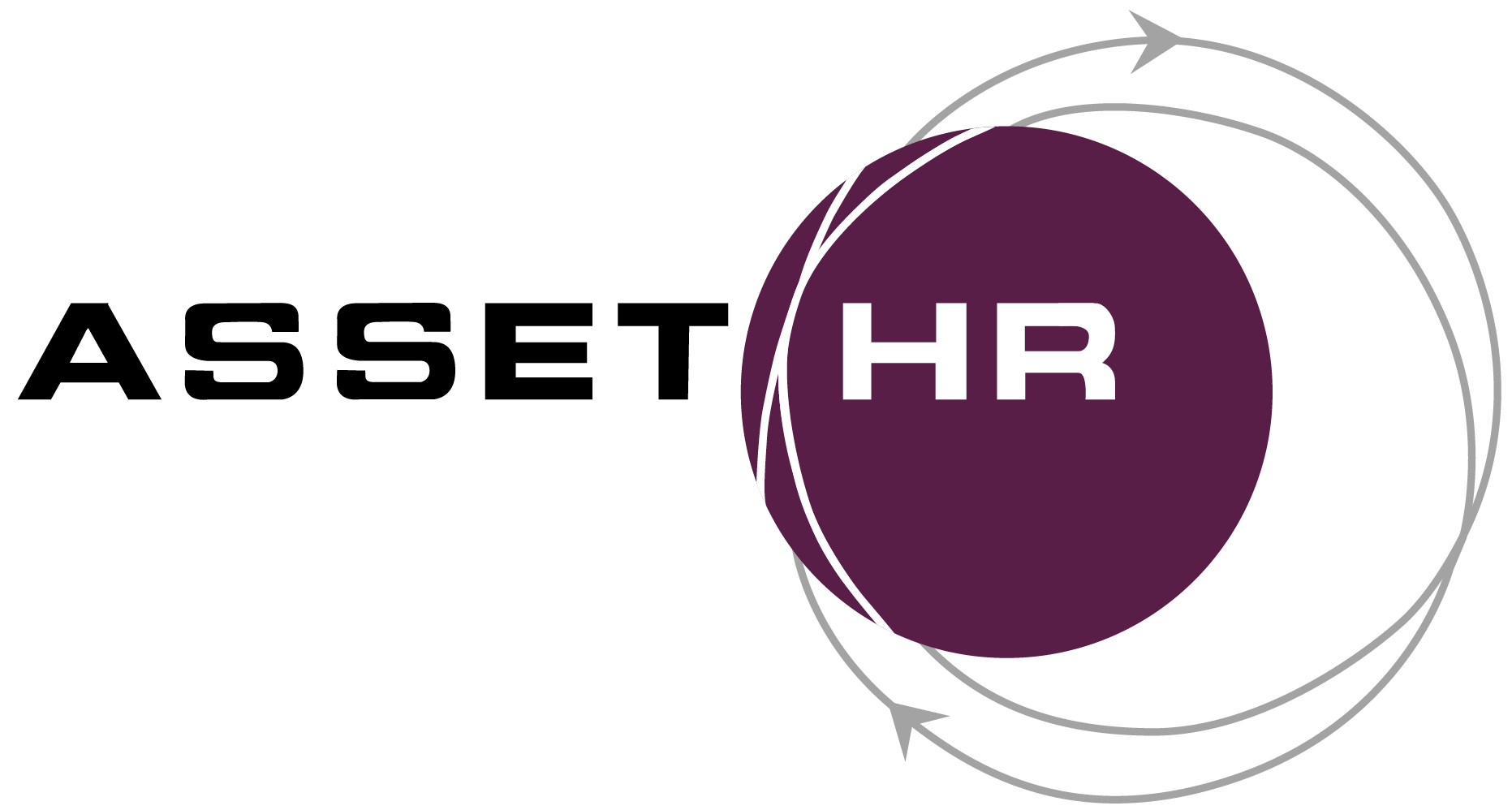Can Skilled Credentials Close the Skills Gap?

In today’s fast-paced business world, technology is changing daily, making skills that were once critical obsolete. As a result, the skills gap is widening, making finding the right talent for open positions more challenging. This phenomenon is happening worldwide and poses a significant problem, especially when companies need specific skills to sustain their business.
There are many ways workers can stand out from the crowd, including obtaining a skilled credential. A skilled credential is an excellent way for employees to showcase their knowledge and skills to potential employers. It can also help bridge the skills gap that currently exists due to evolving technology and the rising cost of higher education.
The Skills Gap
The skills gap occurs when there is a mismatch between the skills that employers need and the skills that workers have. Employers need workers to possess certain skills to carry out their work effectively and increase their productivity. However, many of these skills also require specialized training, certification, or education, which is not always readily available.
Many Companies Are Helping Workers Upskill
Many companies are helping workers upskill to learn new things, tackle new aspects of business, and lessen the skills gap that currently exists due to evolving technology and the rising cost of higher education. They do this by providing training programs that focus on teaching the skills necessary to perform specific tasks. For example, one company might provide training on project management, while another might focus on digital marketing.
Additional Benefits of Skilled Credentials
Skilled credentials can also reduce the time and cost associated with traditional education. In many cases, traditional education requires years of study and significant money. However, skilled credentials are much shorter and less expensive, making them an attractive option for workers who want to increase their marketability.
Skilled credentials can offer an alternative path to traditional education for workers who do not have a college degree. With a skilled credential, workers can demonstrate their skills to potential employers, even if they do not have a formal education.
Skilled Credentials Are an Effective Way to Bridge the Skills Gap
They provide workers with valuable credentials that can help them stand out from the crowd and demonstrate their expertise to potential employers. Additionally, skilled credentials can reduce the time and cost of traditional education, making it an attractive option for workers looking to increase their marketability.
Ultimately, it is up to businesses to help workers gain the skills they need to succeed and thrive in a changing and competitive job market. Companies should come forward to provide their workers a chance to learn new skills by opting for skilled credentials rather than traditional education.
AssetHR makes it easy for companies to help employees upskill through the isolved learn system, which integrates directly with our HCM technology for our clients. Get in touch to learn more.

